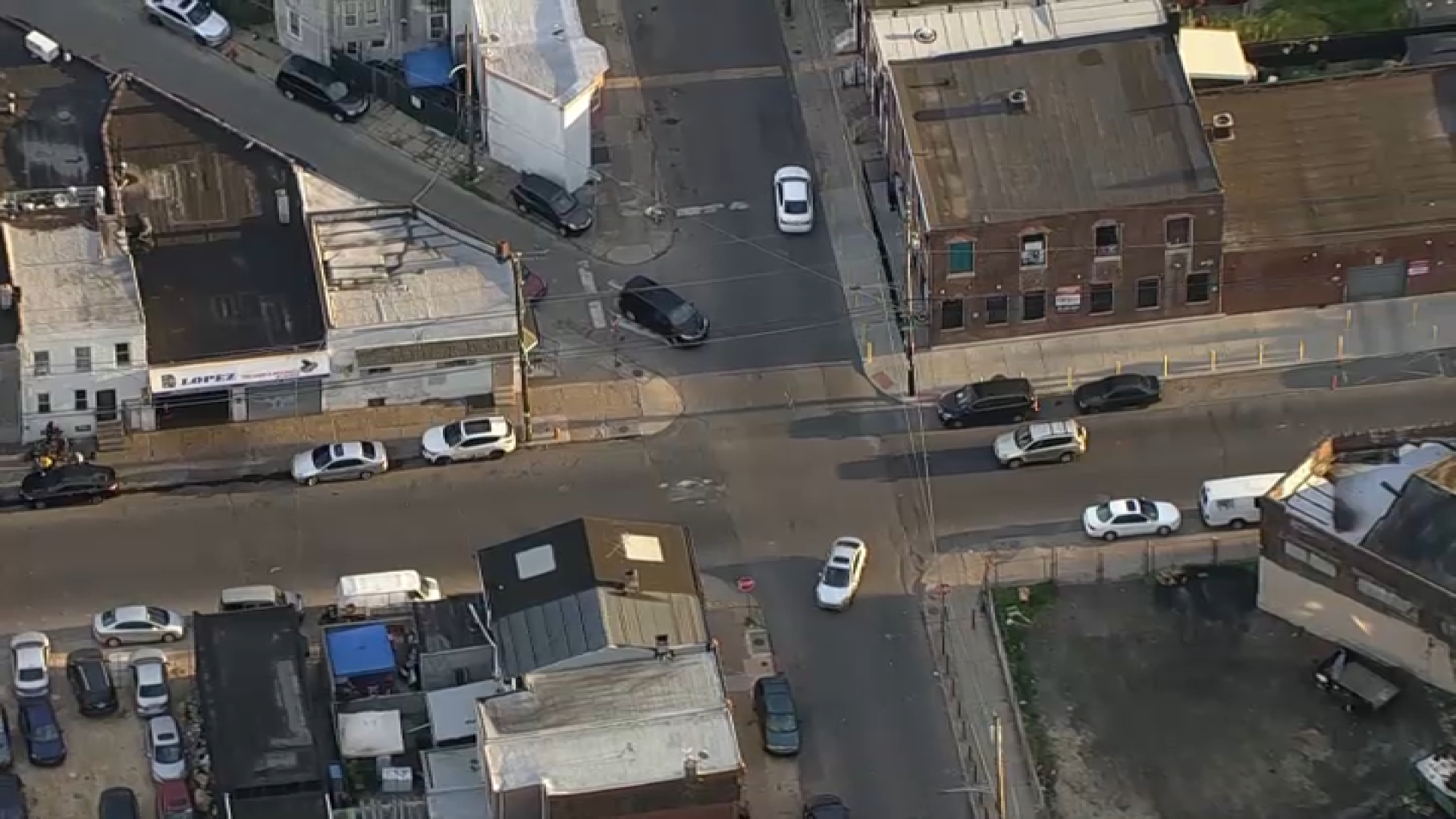A legislative proposal to place new limits on abortion in the state was left in limbo Monday after Republican House leaders pulled it from a final vote amid a veto warning from the Democratic governor.
The measure would ban elective abortions after 20 weeks, compared with 24 weeks in current law, and outlaw procedures that abort fetuses by removing body parts. The legislation had been on a fast track since it was introduced a little over a week ago.
The delay was a significant change from last week, when Republicans, helped by a handful of Democrats, were easily able to assemble enough votes to position the measure for the final House vote.
News of the decision to put the bill on hold began to trickle out just as Gov. Tom Wolf and Planned Parenthood national president Cecile Richards warned during a Capitol news conference that the legislation would put women's health at risk.
"Politicians are the last people who should be making decisions about women's pregnancies," Richards said. "This bill doesn't make women safer. It actually puts them at risk."
Sari Stevens, executive director with Planned Parenthood in Pennsylvania, said the proposal would be the nation's most restrictive abortion law because it combines two elements passed by other states. The change to 20 weeks would add Pennsylvania to about a dozen states with that limit; its ban on procedures that rely on removing body parts has been passed in Oklahoma and Kansas, but those laws were enjoined by the courts.
If the bill does make it out of the House, it faces an uncertain future in the Senate. The Senate Republican caucus has several moderate members who represent suburban districts, where support for abortion rights is stronger.
Local
Breaking news and the stories that matter to your neighborhood.
Wolf repeated his veto threat, calling the legislation a step backward that would "interfere with real lives of real people."
Three women told reporters about abortion decisions that occurred during the period after 20 weeks involving fetuses with severe health problems.
Kelsey Williams, of Wilkinsburg, said she was devastated to learn in February during a 20-week ultrasound that the fetus she was carrying suffered severe muscle deformities. The proposed changes, she said, "would have stripped me of my choice during such a vulnerable time."
She called it the toughest decision of her life, "one I am grateful we were able to make for ourselves without outside interference."
The bill's ban on the dilation and evacuation procedure, termed "dismemberment abortions" in the legislation's text, would not apply if needed to save the mother's life or prevent her from suffering the impairment of a major bodily function.
Karen Agatone, of Doylestown, said she was thrilled to learn last summer that she was pregnant with a girl after trying for six months as a newlywed. A 20-week ultrasound identified severe dwarfism that gave the fetus no chance of survival, and Agatone decided to undergo dilation and evacuation.
"As painful as it was, we had to accept that she was not meant for this earth," Agatone said. "I want people to know that abortion is not about the unwanted, the unvalued and the unknown babies of the world. Her life mattered to us, and it will always matter to us."
Senate Majority Leader Jake Corman, R-Centre, was noncommittal on the bill, saying that if the House passes it, it will be up to the relevant Senate committee to decide first whether to move on it.



